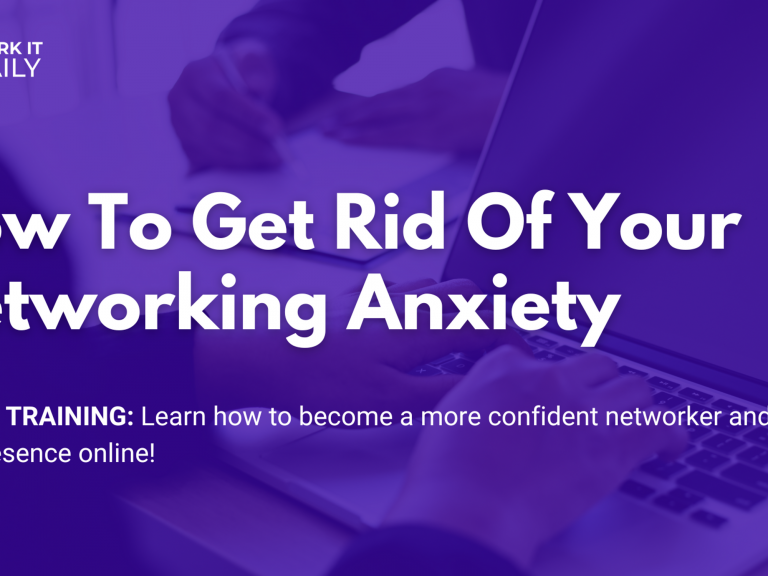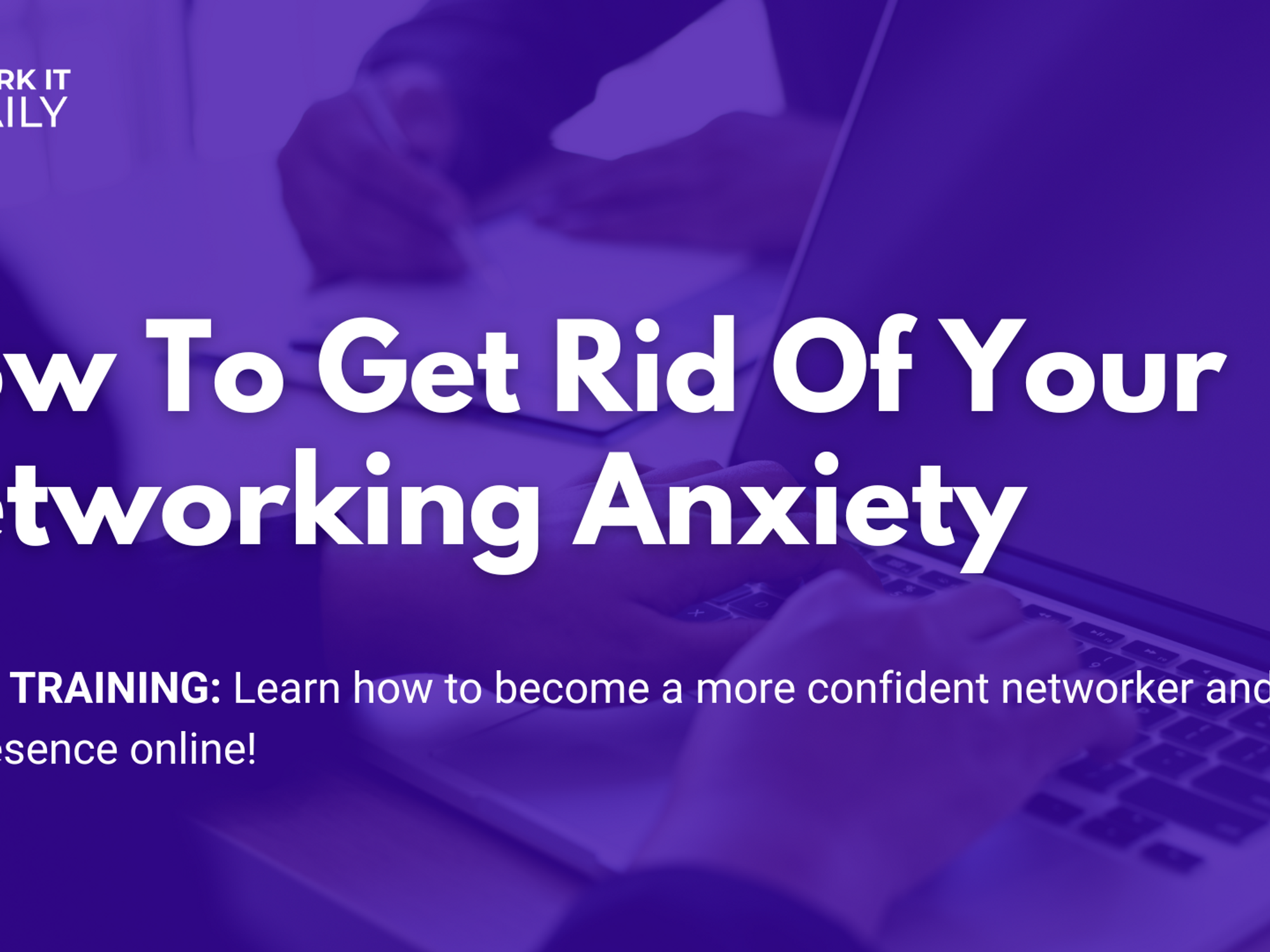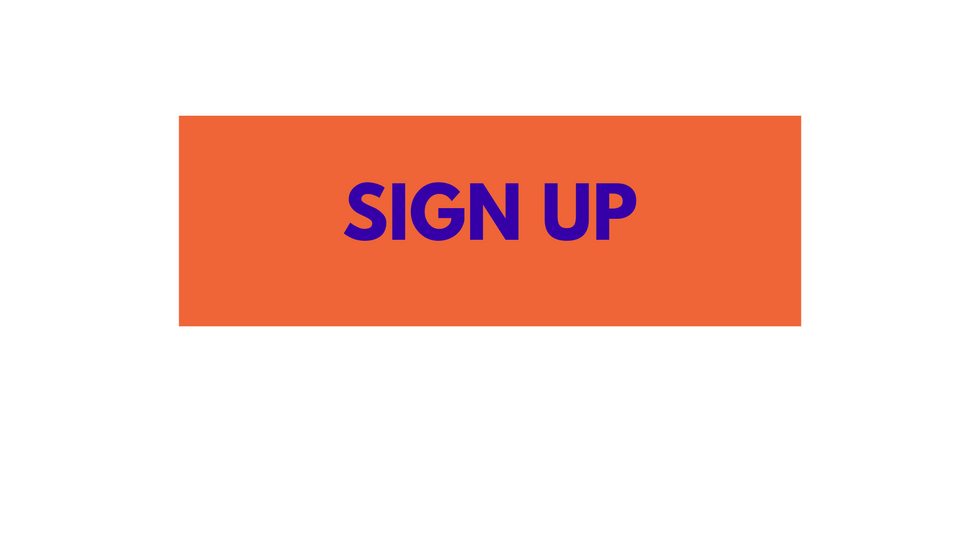5 Tips For Reclaiming Your Career & Finding Happiness

Which one describes your morning more accurately? a) Waking up excited to head into work and do what you love. b) Waking up dreading work and seriously considering calling in sick.
If the second scenario sounds more like you, it’s time for a change, don’t you think? Here are five tips for reclaiming your career and finally finding career happiness:
1. Figure Out What’s Causing The Problem

What is it that you hate about your job? Why do you dread going to work? Is it the work itself or the people you work with? Is it a specific task or a specific individual that is making your life miserable?
Once you determine the cause of the stress/misery, you can take steps to fix or eliminate the problem. Maybe there’s more than one problem. That’s okay. The key is to identify where the real pain points are in your career. Only then can you make the changes you need to make to ultimately find career success.
2. Manage Up

I’m sure you’ve heard this term before, but what does it really mean to “manage up” anyway? Well, it means that you need to step it up a little bit with your work and go above and beyond what you’re being asked to do.
Managing up will help others recognize your value within the organization, making you an asset. By going the extra mile with your work, you take stress off your manager or boss, which can help you build a better working relationship with him/her.
Remember: your job is to make your boss’s job easier. If you’re not doing that, you’re not doing your jobâand you’re not showing your value as an employee.
Your career is yours and yours only. Reclaim it by giving 110% in all aspects of your professional life. When you start making progress, you’ll realize the secret to career growth and happiness starts with intrinsic motivation.
3. Attend Workshops & Seminars

Find some local workshops and seminars that will help you enhance and develop your skills. By attending these events, you’ll not only learn new, valuable skills, but you will prove that you are willing to take that extra step in order to get ahead.
Figure out what areas you think you should improve in. Do you need better time management skills? Would it help you to learn the HTML basics? Maybe you just want to brush up on your business writing or public speaking skills.
Whatever your interest, there are workshops and seminars for everything! Attend one and see how much it impacts your confidence and happiness as a professional.
4. Find A Mentor

It’s always nice to have a little extra guidance and support. Find someone who has extensive experience in your field and ask them if they would mind being your mentor. They can provide valuable insight and contacts that will help you get ahead.
Never underestimate the power of a mentor. Building a close, professional relationship with someone you admire can do wonders for your career. If you already have a colleague in mind, what are you waiting for? Reach out today!
5. Get Out There & Meet The Right People

If you really want to take control of your career, you need the right people in your corner. Are you going out there and meeting the right people? Like it or not, your network is your net worth. Although networking with people outside of your industry has its benefits, it’s important to have a focused networking strategy that builds a solid network of contacts.
There are several ways to connect with the right contacts. Here are a few:
- Attend industry-specific events (They don’t have to be networking events!)
- Join industry-specific organizations and clubs
- Use keywords and hashtags to find potential contacts on Twitter and LinkedIn
We all have highs and lows in life. The same is true for our careers. If you’re feeling unhappy in your career, you have the power to change that. Every hurdle you face, you can overcome.
Follow the tips above and you’ll not only reclaim your career but find career happiness as well. We believe in you!
Need more help with your career?
We’d love it if you signed up for Work It Daily’s Event Subscription! Get your career questions answered in our next live event!
This article was originally published at an earlier date.


















































